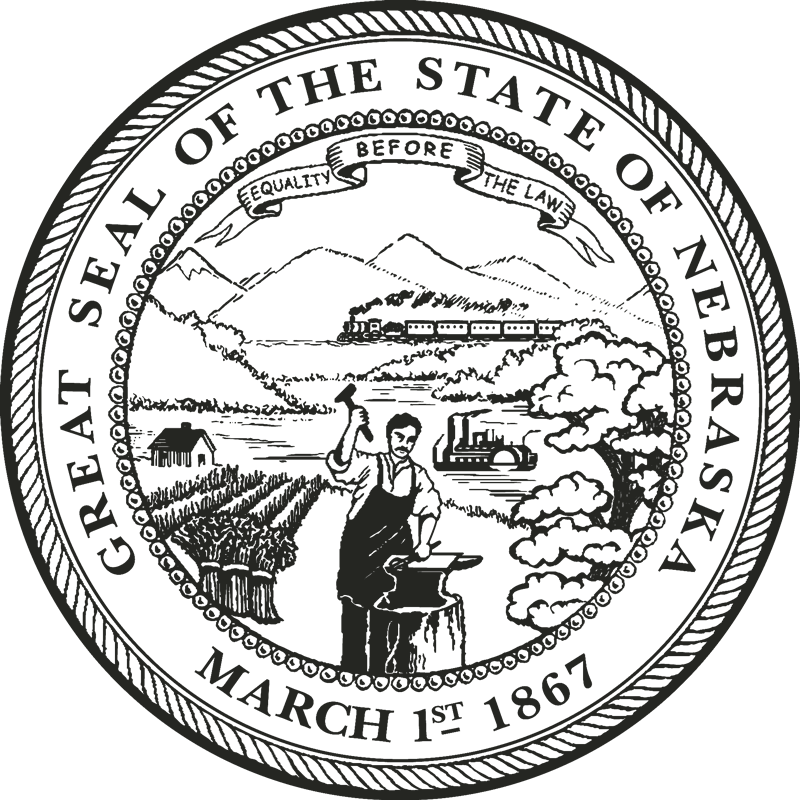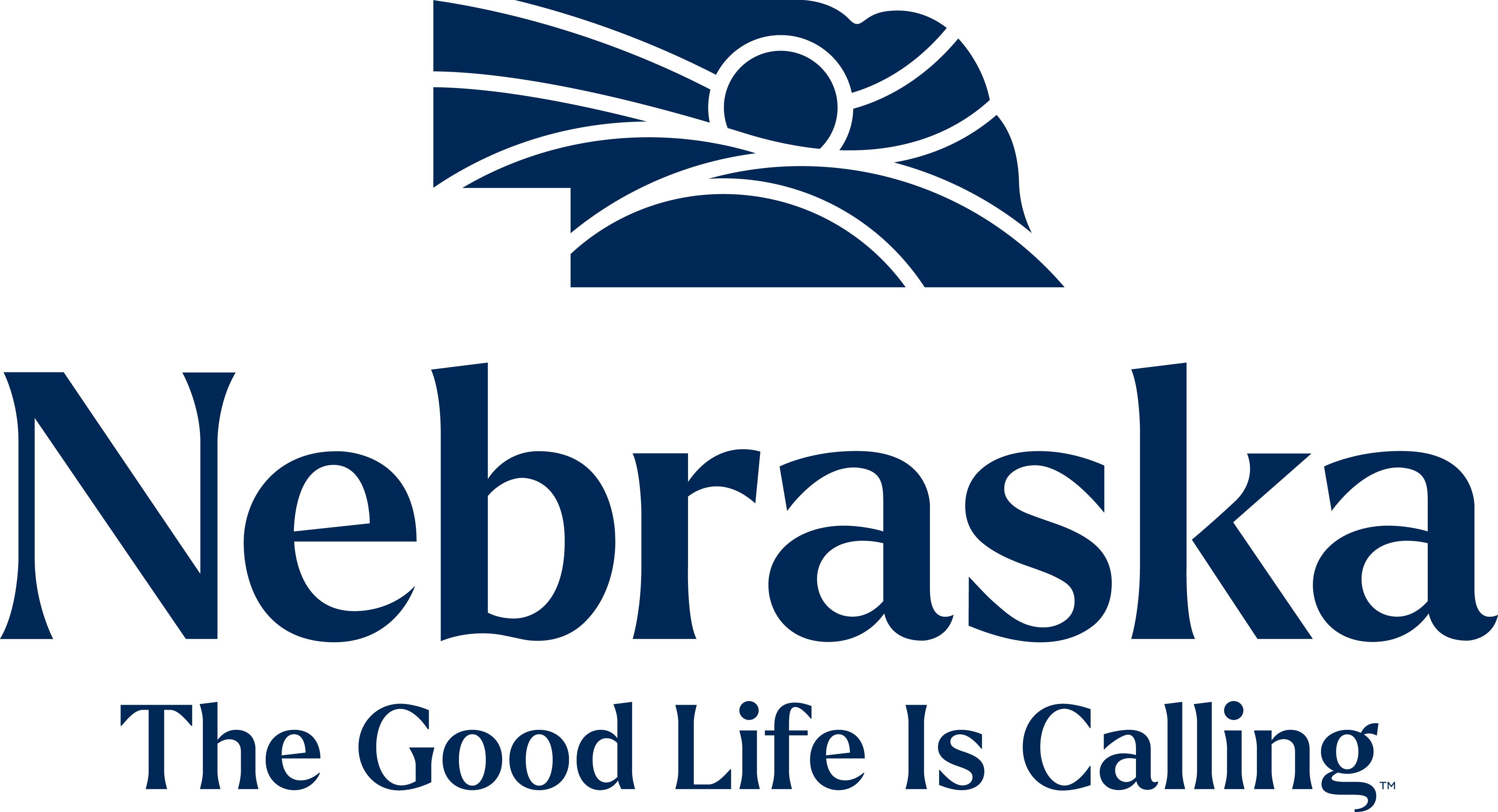Home / Programs / Economic Recovery /
Qualified Census Tract Affordable Housing Program – Metropolitan & Primary

QCT Affordable Housing Program funds will be made available for the purposes of preparing land parcels for affordable housing or conducting other eligible affordable housing interventions, including production, rehabilitation, and preservation of affordable rental housing and affordable homeownership units within qualified census tracts located in a city of the metropolitan class and a city of the primary class as defined by Neb. Rev. Stat. §14-101 and Neb. Rev. Stat. §15-101, respectively.
Eligibility Information
What Can the Grants Be Used for?
Projects under this program must be located in a city of the metropolitan class or a city of the primary class as defined by Neb. Rev. Stat. §14-101 and Neb. Rev. Stat. §15-101, respectively. A QCT is a qualified census tract as defined in 26 U.S.C. 42(d)(5)(B)(ii)(I), as such section existed on January 1, 2022. A map of QCTs can be found below.
The Department of Economic Development (DED) is requiring that the QCT Affordable Housing Program funding be geared towards affordable housing with a 20-year affordability period. All grant funds must be obligated by December 31, 2024, and all grant funds expended by December 31, 2026.
Projects which fall under one of the following categories will be considered for funding:
Jump Start Fund:
Rental and homebuyer projects including single and multi-family new construction and conversion are eligible under this funding category. This funding category is intended for shovel-ready projects that will break ground within 6 months of award. Projects
Eligible projects must demonstrate a gap in funding that will be met with the QCT Affordable Housing Program’s funding. Projects in this category should be able to robustly demonstrate readiness, including site selection, committed financing and/or other leveraged funding sources, construction plans and/or bids, proposed project timeline, and any other relevant known information. Applicants should justify why the QCT Affordable Housing Program funding is needed. Priority will be given to projects that can break ground within 6 months of award and organizations with a strong track record of completing projects on schedule.
LIHTC projects that have already received a commitment from NIFA but are now experiencing gaps due to increased construction, labor, and financing costs are eligible to apply. Only LIHTC projects from the 2022 and later cycles will be considered in this funding category.
Site Prep Fund:
Organizations seeking to prepare land for future rental and homebuyer projects including single and multi-family new construction and conversion can apply for a grant for site preparation. Eligible costs include acquisition of vacant property, demolition, infrastructure improvements, and other land preparation activities necessary to make the site pad-ready for future affordable housing developments. A restrictive covenant will be placed on the land to ensure that the site will be used for future affordable housing developments.
Organizations may apply for funding for one or more sites. Applicant does not need to have site control at time of application, but site control may demonstrate additional project readiness and increase competitiveness of application. If site(s) are known at time of application, applicant should complete and attach a site review form with their application. If site(s) are not known at time of application, applicant is not required to complete a site review form, but applicant should include a detailed description of how potential sites will be chosen. A site review form will still be required once sites become known. DED must sign off on site review form before reimbursement for site acquisition and other eligible costs will be made to recipient organization.
Organizations applying for eligible projects under the Site Prep Fund should clearly articulate the type of housing and quantity of units they expect to develop after site preparation is complete. Applicants should also describe the anticipated timeline for development and completion of units after site preparation is complete.
Impact Projects Fund:
Rental, homebuyer, and homeowner projects including single and multi-family new construction, conversion, rehabilitation, and down payment assistance is eligible under this funding category. This category will fund innovative, transformational projects that will be completed within 2-3 years, including both smaller-scale and larger affordable housing developments. Priority will be given to projects that demonstrate an innovative, transformational component that could be replicated in future affordable housing developments.
Ineligible Project Types:
The following projects are not eligible under the QCT Affordable Housing Program.
- Expenses incurred prior to October 31, 2022, are not eligible.
- Proposals for projects with sites that are not vacant at time of application will not be considered.
- In applying for and receiving an award the subrecipient must adhere to the federal requirement of 2 CFR Part 200, which includes General Provisions of Subpart B, Pre-Award Requirements of Subpart C, Post-Award Requirements in Subpart D, Cost Principles in subpart E, and Audit Requirement found in Subpart F. Allowable costs are based on the premise that an Awardee is responsible for the effective administration of Federal awards, application of sound management practices, and administration of Federal funds in a manner consistent with the program objectives and terms and conditions of the award. Awardees must implement robust strong financial management in the system of internal controls and effective monitoring.
Funds may be, but are not required to be, used along with other funding sources for a given project. Note that funds may not be used for a non-Federal cost share or match were prohibited by other Federal programs.
Who is Eligible to Apply?
The QCT Affordable Housing Program (Metropolitan Class and Primary Class) grant application will be open to public and private entities to prepare land parcels for affordable housing or to conduct other eligible affordable housing interventions within the boundaries of a city of a metropolitan class or a city of a primary class, as defined by Neb. Rev. Stat. §14-101 and Neb. Rev. Stat. §15-101, respectively. Applicants must be currently engaged in eligible affordable housing interventions within qualified census tracts located in a city of the metropolitan class or primary class or intend to do so with the grant funds.
Application Information
Qualified Census Tract Affordable Housing Program – Primary Class
Application Period:
Qualified Census Tract Affordable Housing Program – Metropolitan Class
Application Period:
Award Amount
Grants may be awarded up to the amount allocated by the Legislature. DED reserves the right to partially fund any request. While there is no formal match requirement, projects are encouraged to use QCT Affordable Housing Program funds to leverage other funding sources. Note: No additional points will be awarded for matching dollars.
Period of Performance
Projects must be completed by December 31, 2025.
Program Resources
| Title | File Type | Date |
|---|---|---|
| 25-02 Policy Memo: Expense Report Policy | March 28, 2025 | |
| AmpliFund Custom Form Guidelines | April 17, 2023 | |
| Cash Match Quarterly Report Template | Excel | August 17, 2023 |
| Housing Q&A | October 25, 2022 | |
| Letter of Intent Template | Word | October 4, 2022 |
| Nebraska Site Review Form | October 27, 2022 | |
| QCT Affordable Housing Metropolitan Class Program Manual | October 3, 2022 | |
| QCT Affordable Housing Primary Class Program Manual | October 3, 2022 |
Grant Management Resources
This page will provide technical assistance on using AmpliFund to apply for and manage grants awarded by DED.
Stay up to date on the latest news.
Subscribe to the Qualified Census Tract Affordable Housing Program email lists here.
Press Releases & Announcements
Recent Press Releases
- Nebraska Department of Economic Development Awards $20 million for Affordable Housing in Lincoln QCTs
- Nebraska Department of Economic Development Awards $20 million for Affordable Housing in Omaha QCTs
- Qualified Census Tract Affordable Housing Program (Primary Class) Application Now Open
- Qualified Census Tract Affordable Housing Program (Metropolitan Class) Application Now Open
Announcements
Have questions?

